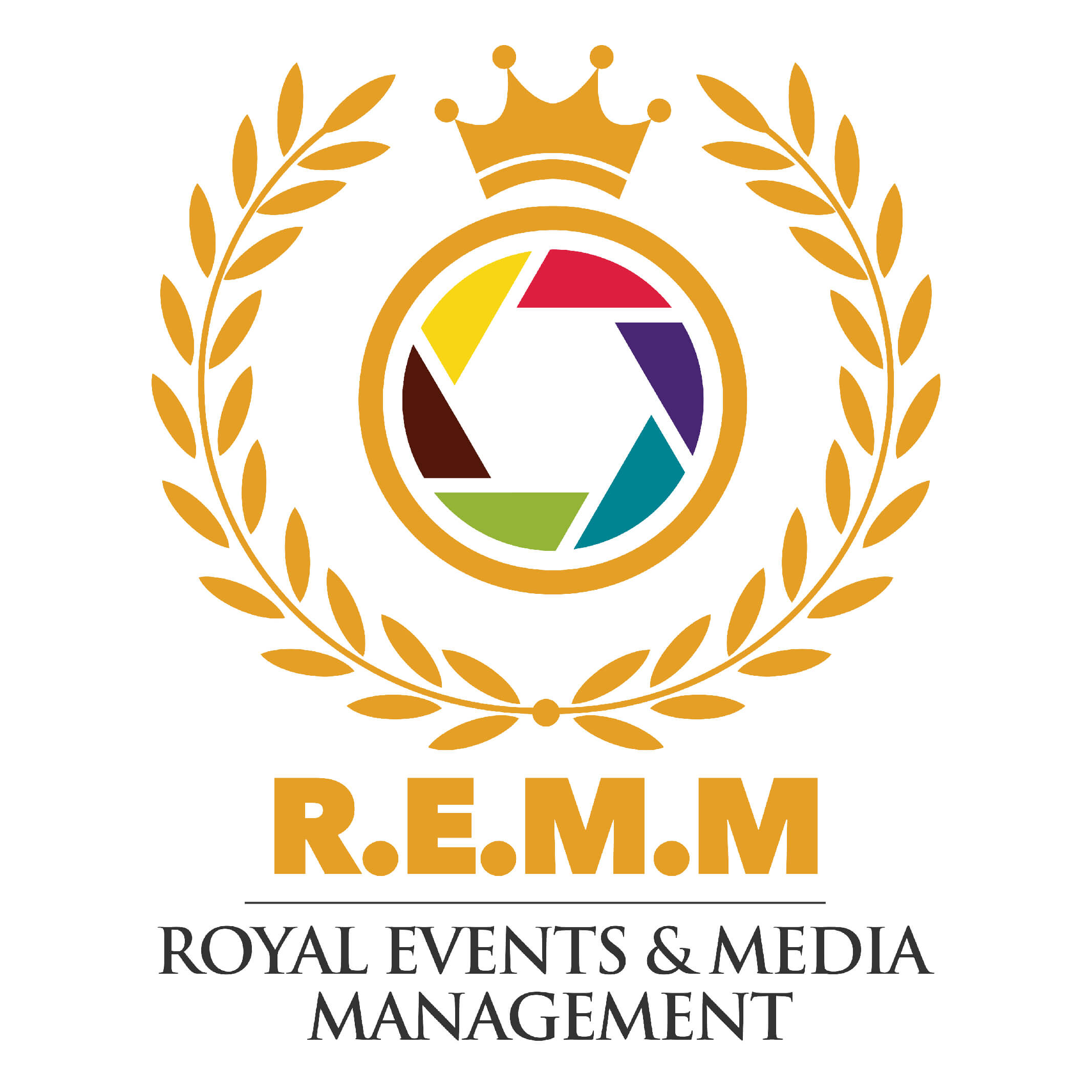Planning an event, whether it’s a corporate conference, wedding, or birthday party, can be an exciting yet daunting task. From selecting the perfect venue to coordinating vendors and managing budgets, there are numerous factors to consider to ensure a successful event. In this comprehensive guide, we’ll explore the key things to know about event planning to help you navigate the process with confidence and ease.
1. Define Your Objectives and Budget: Before diving into the details, clearly define the objectives and goals of your event. Whether it’s to celebrate a milestone, raise awareness, or generate revenue, having a clear purpose will guide your planning decisions. Additionally, establish a realistic budget early on to ensure that your event stays within financial constraints.
2. Selecting the Right Venue: The venue sets the tone for your event and can significantly impact the attendee experience. Consider factors such as location, capacity, amenities, and ambiance when selecting a venue. It’s essential to visit potential venues in person to assess their suitability and discuss logistics with venue staff.
3. Create a Detailed Timeline: A well-planned timeline is crucial for keeping your event on track and ensuring that all tasks are completed in a timely manner. Break down the planning process into manageable stages, from initial concept development to post-event follow-up, and assign deadlines for each task.
4. Vendor Selection and Management: Collaborating with reliable vendors such as caterers, decorators, photographers, and entertainment providers is essential for executing a successful event. Research and vet potential vendors carefully, considering factors such as experience, reputation, and budget. Communicate your expectations clearly and establish contracts outlining terms and responsibilities.
5. Promotion and Marketing: Effective promotion and marketing are key to maximizing attendance and engagement at your event. Utilize a mix of online and offline channels, including social media, email newsletters, press releases, and printed materials, to reach your target audience. Create compelling content and incentives to generate excitement and encourage ticket sales or RSVPs.
6. Attendee Experience and Engagement: Focus on creating a memorable and enjoyable experience for your attendees. Pay attention to details such as signage, seating arrangements, lighting, and entertainment to enhance the atmosphere and ambiance of your event. Incorporate interactive elements, networking opportunities, and engaging activities to keep attendees entertained and engaged throughout the event.
7. On-Site Coordination and Execution: On the day of the event, effective coordination and communication are essential for ensuring a smooth and seamless experience for both attendees and stakeholders. Assign roles and responsibilities to a dedicated event team or coordinator to oversee logistics, troubleshoot any issues that arise, and ensure that the event runs according to plan.
8. Post-Event Evaluation and Follow-Up: After the event concludes, take the time to evaluate its success and gather feedback from attendees, vendors, and stakeholders. Identify areas of improvement and lessons learned to inform future event planning efforts. Send thank-you notes or emails to attendees and vendors to express appreciation for their participation and support.
Event planning requires careful attention to detail, effective communication, and meticulous coordination to bring your vision to life successfully. By following these key principles and best practices, you can navigate the event planning process with confidence and create memorable experiences for your guests.
